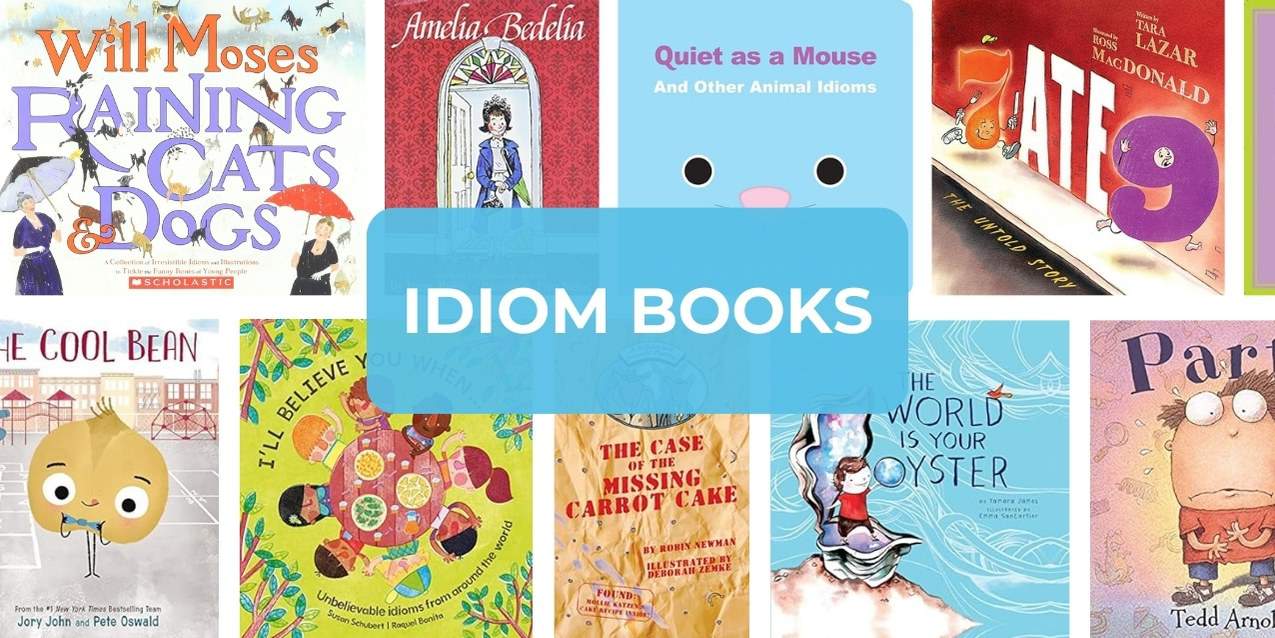Let’s not beat around the bush, idioms can be confusing. If the thought of explaining or teaching idioms makes you feel like you are up the creek without a paddle, don’t despair. Here are wonderful children’s books to help you wrap your head around it.
Modern English language is loaded with idioms. We use common idioms every day, often without giving them a second thought. Consider these common phrases; “Don’t spill the beans,” “You’re barking up the wrong tree,” “Every cloud has a silver lining,” or “It’s not my cup of tea.”
However, for young children, multilingual learners, and neurodiverse learners, idioms can be very difficult. So, let’s find ways to make idioms accessible and fun.
Idioms are a form of figurative language. Merriam Webster Student Dictionary defines idiom as “the choice of words and the way they are combined that is characteristic of a language.”
Even the definition sounds confusing. But idioms can be fun! To help children understand and enjoy idioms, check out some of the books below. These books are a treat to read and might make you laugh, think, and wonder at the peculiarities of the English language.
So, let’s get the ball rolling….
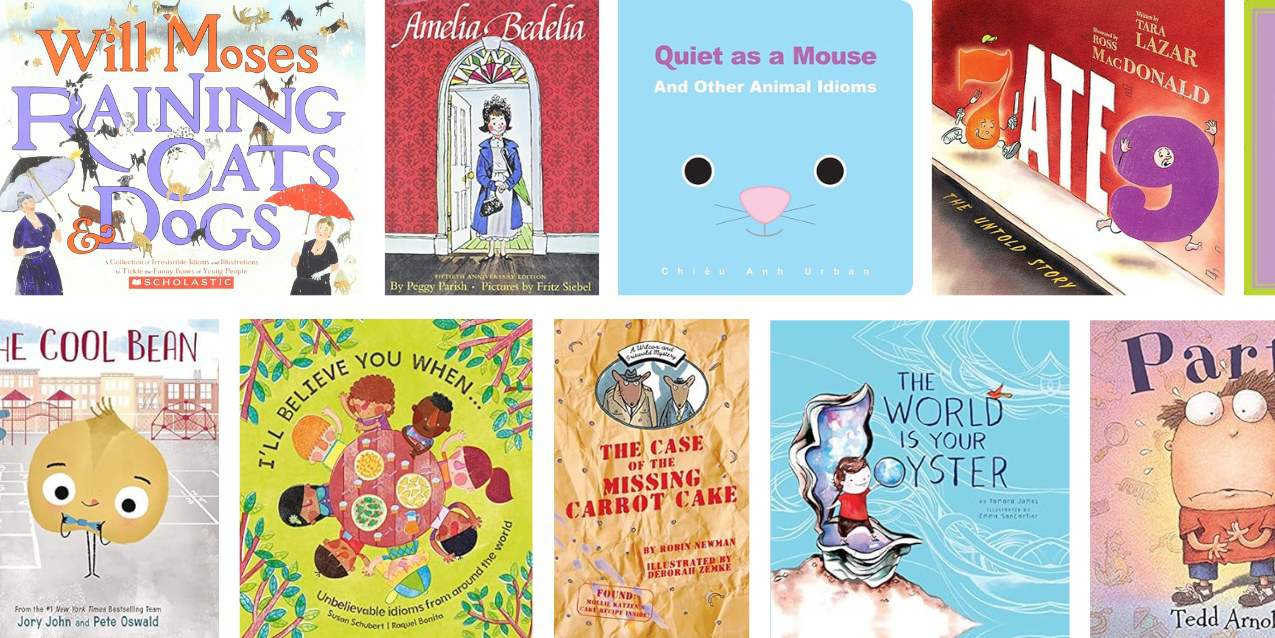
Idioms in Children’s Books
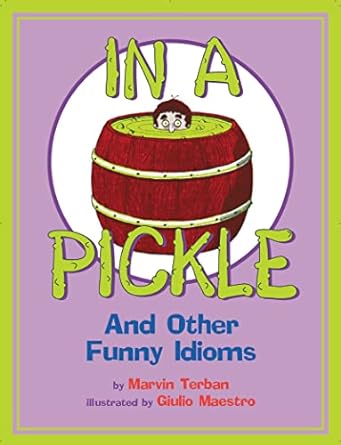
In a Pickle written by Marvin Terban and illustrated by Giulio Maestro
This is a good place to start for an amusing overview of 30 different idioms. The explanations are simple and easy to understand.
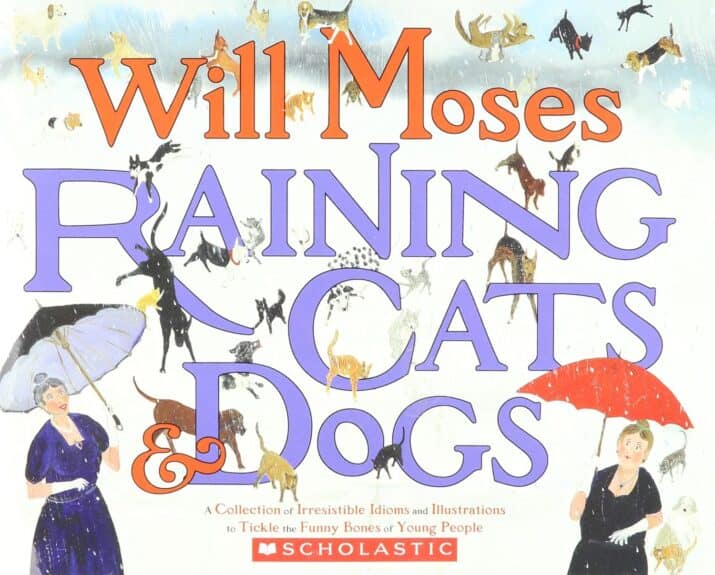
Raining Cats & Dogs written and illustrated by Will Moses
This is another good introduction to idioms. It includes many commonly used idioms, like “spill the beans” and “sour grapes.” Each idiom is accompanied by a simple definition and used in a sentence.
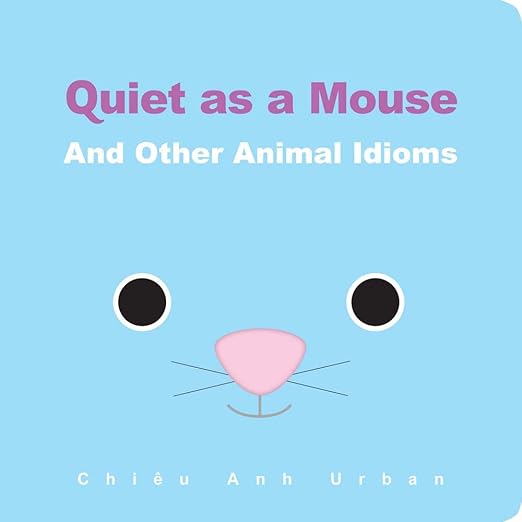
Quiet As a Mouse and Other Animal Idioms written and illustrated by Chieu Anh Urban
This cute and clever board book is for the smallest readers. Each idiom is preceded by a rhyming clue which leads to the idiom, for instance, “Quick and cheeky, smart and sneaky. I’m sly as a …” Turn the page to complete the idiom and solve the riddle.
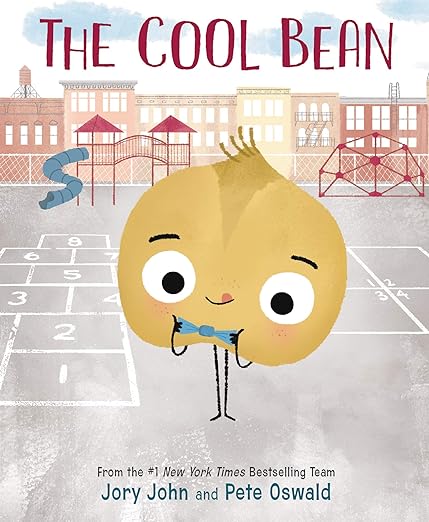
The Food Group Series written by Jory John and illustrated by Pete Oswald
This entire series is loaded with teaching points, laugh out loud moments, and idioms! Every title is an idiom that can lead to meaningful discussion. Imagine explaining the real meaning behind these titles, The Bad Seed, The Good Egg, The Cool Bean, The Couch Potato, The Smart Cookie, The Sour Grape, and The Big Cheese. Each book stands alone, but the comical illustrations, subtle messages, and play on words make it worth reading them all.

The World is Your Oyster written by Tamara James, illustrated by Emma Sancartier
This cute and simple story is told in idioms. The illustrations offer concrete depictions of each idiom. Each page could lead to discussion and explanation about the true meaning behind the words.
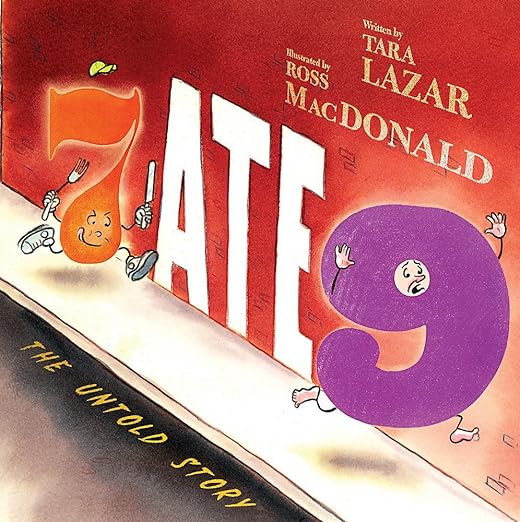
7 Ate 9, The Untold Story written by Tara Lazar and illustrated by Ross MacDonald
This clever, witty book has puns and idioms woven throughout the text. It begins as a mathematical mystery when “Something had scared the pants off” number six. The humorous word play is enhanced by the darling artwork.

Parts Trilogy written and illustrated by Tedd Arnold
Although this is a hilarious trilogy, if you are looking specifically for idioms, go right to the second book of the three, More Parts. The illustrations offer a concrete visual companion explaining the meaning of common phrases like “crack you up.”
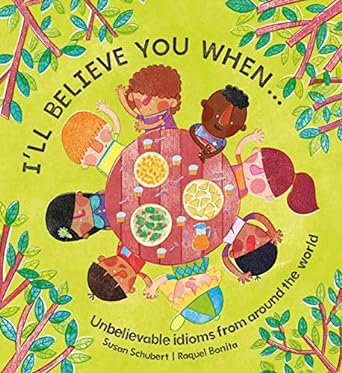
I’ll Believe You When: Unbelievable Idioms from Around the World written by Susan Shubert and illustrated by Raquel Bonita
Every language uses idioms specific to their own language and culture. This book presents idioms from multiple countries. What seems like a common phrase in one country may be quite unusual in another. Would you think it odd if a friend said, “I’ll believe you when my hand grows a cactus!” It wouldn’t be odd if you were Polish! Idioms in English may seem quite unusual to multilingual learners, too.
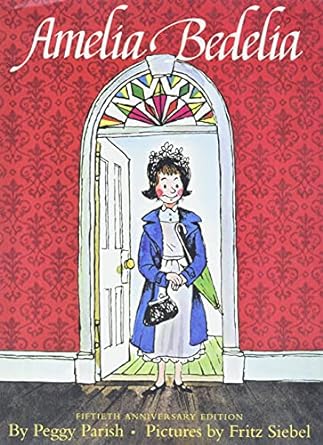
Amelia Bedelia books written by Peggy Parish and Herman Parish, multiple illustrators
If you’ve read the classic Amelia Bedelia books, you know they are loaded with idioms that are vividly depicted by Amelia’s crazy antics. If you are looking for something more current, check out the updated Amelia books, like the Young Amelia Bedelia Chapter Series.
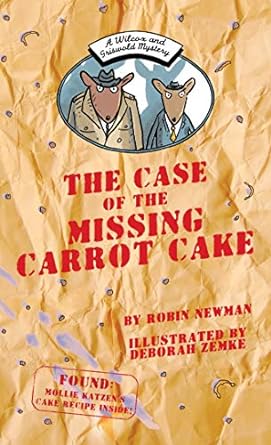
The Case of the Missing Carrot Cake trilogy written by Robin Newman and illustrated by Deborah Zemke
This beginner chapter book series makes a wonderful read aloud to introduce the elements of a mystery and figurative language, especially idioms! All three books in the series, The Case of the Missing Carrot Cake, The Case of the Poached Egg, and The Case of the Bad Apples are chock full of food idioms. Despite appearances, the main character mice are not on a wild goose chase, as they always solve the crime!
So once in a blue moon, pause and reflect while you are speaking. Idioms certainly add a richness to the spoken and written word. Just for fun, create a visual image of your words in your head. You may find that the words you just said make you laugh, think, and wonder.
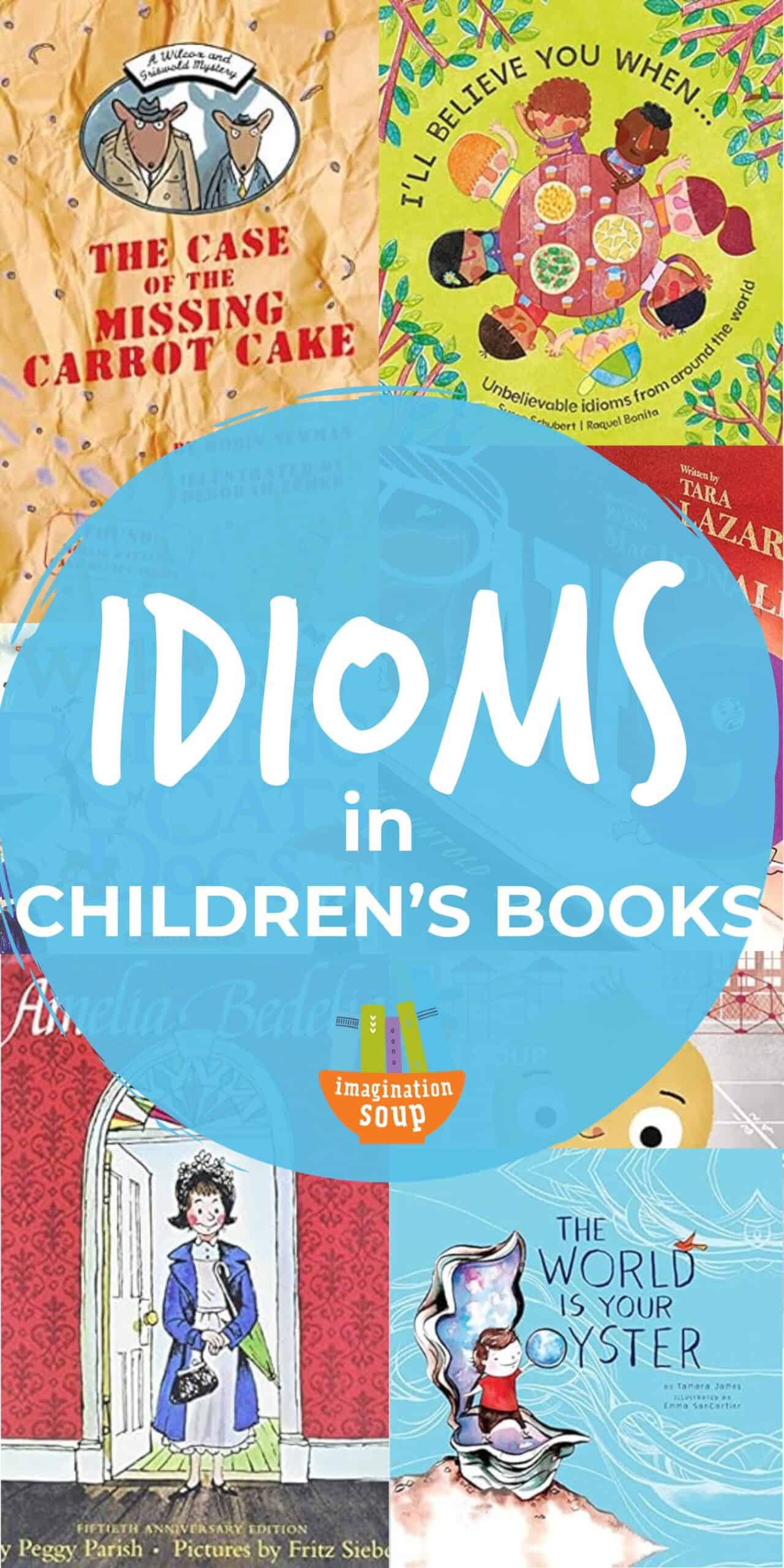
KEEP READING

 PARENTING TIPS
PARENTING TIPS PREGNANCY
PREGNANCY BABY CARE
BABY CARE TODDLERS
TODDLERS TEENS
TEENS HEALTH CARE
HEALTH CARE ACTIVITIES & CRAFTS
ACTIVITIES & CRAFTS